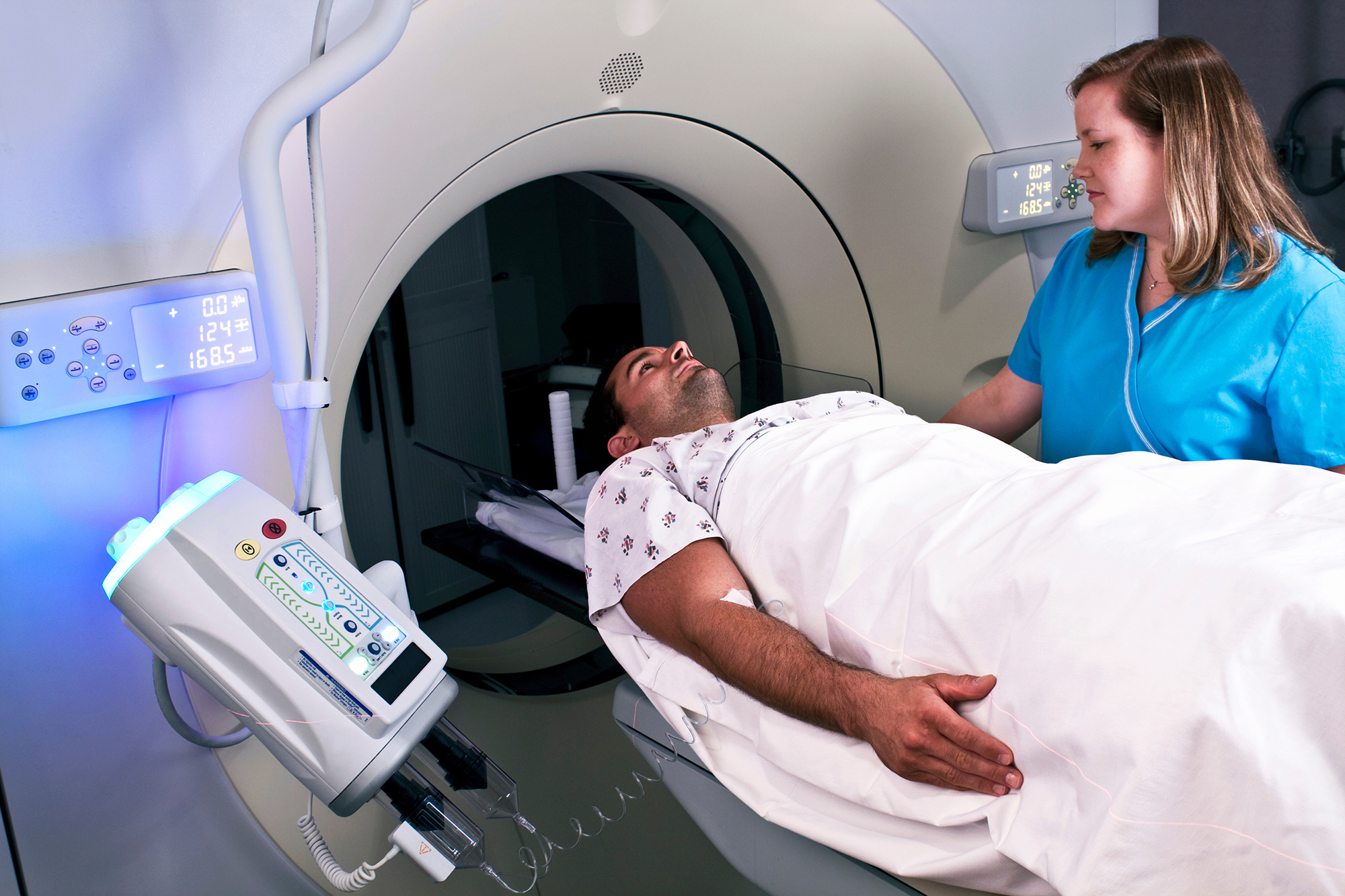Push for Intelligent Speed Assistance Legislation Gains Momentum in New York

In the United States, a significant issue has emerged regarding road safety, with speeding accounting for nearly one-third of all traffic fatalities. This troubling statistic has seen a marked increase over the past few years, prompting several states to explore innovative solutions. One such solution is the adoption of intelligent speed assistance (ISA) devices, which are designed to help curb excessive speeding. Despite the urgency of this situation, a specific bill in New York aimed at addressing this problem has not made substantial progress. Advocates are ramping up pressure on the states Senate to take action before the legislative session adjourns in June.
Recently, Virginia made headlines by becoming the first state to implement legislation allowing judges to mandate that individuals convicted of driving over 100 miles per hour install GPS-powered devices. These devices ensure that the drivers cannot exceed a speed limit of more than 10 miles per hour over the posted limit. This progressive law follows closely behind a similar initiative passed by the Council of Washington, D.C., which established an ISA program for drivers whose licenses had been suspended or revoked due to speeding offenses.
The movement to integrate ISA technology into the United States' road safety measures found its strongest foothold in New York. Last year, Senator Andrew Gounardes introduced the Stop Super Speeders bill, which proposes that drivers accumulating 11 or more points on their licenses within a specified timeframe be required to install an ISA device that restricts them to driving no more than 5 miles per hour over the speed limit. Recent tragic incidents have galvanized support for this bill, notably the heartbreaking case of a mother and her two daughters who lost their lives after being struck in a crosswalk by a driver operating with a suspended license. Currently, the bill rests in the Senate Transportation Committee, but advocates, including several New York City council members, gathered outside City Hall on Monday morning, urging the state legislators to take decisive action.
According to Spectrum News, Elizabeth Adams, the deputy executive director for public affairs at Transportation Alternatives, voiced the collective sentiment of the advocates at the gathering, stating, We are calling on Albany to pass the Stop Super Speeders Bill common-sense legislation that takes the option to speed out of the hands of New York Citys most reckless drivers.
In addition to New York's efforts, several other states across the country have also introduced their own anti-speeding legislation. Georgia, for instance, has passed a bill that is currently awaiting the governor's signature. However, not all states have shared the same enthusiasm. Californias Governor Gavin Newsom vetoed a similar bill last year, citing concerns from the National Highway Traffic Safety Administration (NHTSA), which is actively evaluating ISA systems. Newsom expressed that implementing state-level mandates during this critical federal assessment phase could jeopardize ongoing safety evaluations.
Despite the variances among the proposed bills, supporters maintain that they share the same core principle. Amy Cohen, the head of Families for Safe Streets, a group that has been pivotal in advocating for the ISA initiative in New York, explained to Fast Company, Were not taking your car away; were just saying that you cant drive recklessly. You have to get to your destination safely, and not kill anyone along the way.
There are various ISA systems available, ranging from those that simply alert drivers when they exceed the speed limit to more advanced systems that can physically restrict a vehicle's acceleration. In 2013, the National Transportation Safety Board (NTSB) recommended that the NHTSA at least require the fundamental alerting systems, following an investigation into a Nevada crash that resulted in nine fatalities. The NTSB also advocated for car manufacturers to equip new vehicles with these systems, a feasible option, especially since the European Union has mandated such installations for all new cars starting last year.
NTSB Chair Jennifer Homendy highlighted the importance of safety measures, stating, We know the key to saving lives is redundancy, which can protect all of us from human error that occurs on our roads. What we lack is the collective will to act on NTSB safety recommendations. The urgency for action is palpable, as advocates and lawmakers alike push for strategies that prioritize public safety on the roads.





















